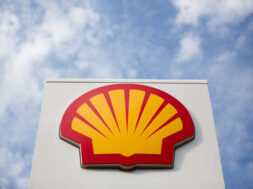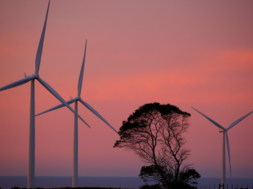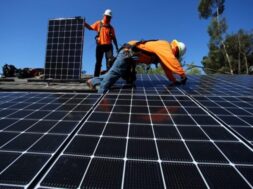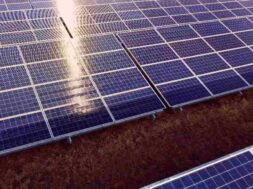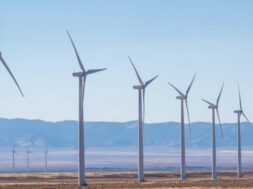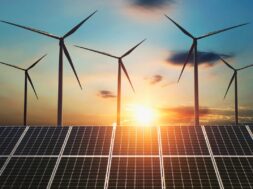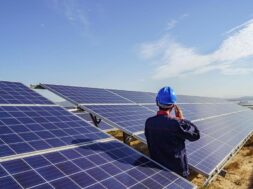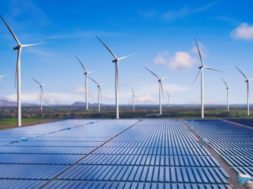
Shell Overseas International B.V. (SOI B.V.), a wholly owned subsidiary of Shell plc (Shell), has completed the acquisition of Daystar Power Group (Daystar).
As a provider of integrated solar power solutions, Daystar brings reliable energy to businesses in West Africa, helping customers reduce power costs and pollution.
Sub-Saharan Africa has abundant potential as a solar market, and the customer base Shell acquires through this deal will provide a firm foundation for potential growth.
Shell’s Net Carbon Footprint
Also, in this press release we may refer to Shell’s “Net Carbon Footprint” or “Net Carbon Intensity”, which include Shell’s carbon emissions from the production of our energy products, our suppliers’ carbon emissions in supplying energy for that production and our customers’ carbon emissions associated with their use of the energy products we sell. Shell only controls its own emissions. The use of the term Shell’s “Net Carbon Footprint” or “Net Carbon Intensity” are for convenience only and not intended to suggest these emissions are those of Shell plc or its subsidiaries.
Shell’s net-zero emissions target
Shell’s operating plan, outlook and budgets are forecasted for a 10-year period and are updated every year. They reflect the current economic environment and what we can reasonably expect to see over the next 10 years. Accordingly, they reflect our Scope 1, Scope 2 and Net Carbon Footprint (NCF) targets over the next 10 years. However, Shell’s operating plans cannot reflect our 2050 net-zero emissions target and 2035 NCF target, as these targets are currently outside our planning period. In the future, as society moves towards net-zero emissions, we expect Shell’s operating plans to reflect this movement. However, if society is not net zero in 2050, as of today, there would be significant risk that Shell may not meet this target.
